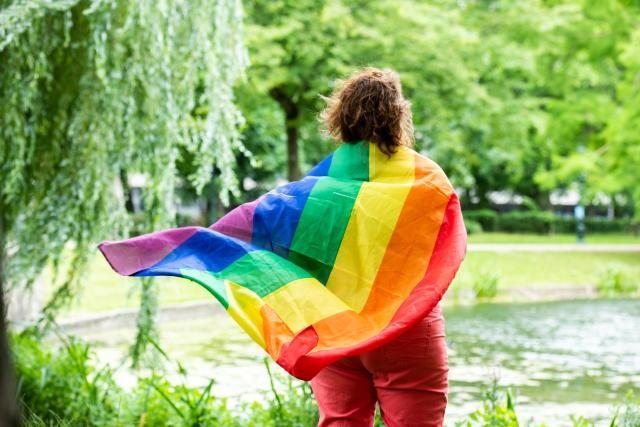The European Union is committed to ensuring that all individuals feel safe and free to express their love and authentic identities. In support of this commitment, the European Commission has officially adopted the LGBTIQ+ Equality Strategy for 2026-2030. This strategy builds upon the foundation laid by the previous LGBTIQ equality strategy from 2020-2025, aiming to facilitate further progress and ensure that LGBTIQ+ equality is integrated into all EU policies.
The 2026-2030 LGBTIQ+ Equality Strategy represents a significant initiative within the political framework established by President Ursula Von der Leyen and aligns with the objectives outlined in Commissioner Hadja Lahbib’s mission letter. The European Commission remains dedicated to defending equality and non-discrimination in all circumstances. This includes guaranteeing the independence, authority, and resources of equality bodies, as well as enhancing protections for individuals facing discrimination due to their gender identity.
Moreover, the Code of Conduct+ has been developed to improve the management of content deemed illegal hate speech by EU and national regulations on online platforms. While there has been an increase in social acceptance of LGBTIQ+ individuals across the EU in recent years, many continue to experience disproportionate levels of hate, violence, and discrimination. For example, approximately 1 in 4 LGBTIQ+ individuals, and nearly half of transgender men and women, have encountered forms of “conversion” practices, which may manifest as physical or sexual violence, verbal abuse, or humiliation.
The 2026-2030 strategy is designed to address these issues by promoting freedom and diversity within the EU and globally. The strategy outlines targeted measures organised around three key pillars: Protecting LGBTIQ+ individuals from all forms of violence, empowering LGBTIQ+ individuals to live free from discrimination and ensuring they have equal rights across all aspects of life and engaging society collectively at all levels to advance LGBTIQ+ equality.
This comprehensive approach underscores the EU’s commitment to fostering an inclusive and equitable society for all.
The newly developed strategy aims to assist Member States in banning conversion practices. The Commission will assess the nature, prevalence, and impact of these practices on LGBTIQ+ individuals to recommend effective actions for their elimination, considering the European Citizens Initiative advocating for a ban.
The strategy also includes measures to combat hate online and offline. A knowledge hub will be established to collect information on illegal online hate and improve the monitoring of the Code of Conduct+. An EU action plan will be introduced to address cyberbullying, particularly protecting minors and LGBTIQ+ youth.
Promoting equal opportunities for LGBTIQ+ individuals enhances social cohesion and drives innovation, contributing to Europe’s economic competitiveness.
The EU currently loses about €89 million in GDP annually due to discrimination based on sexual orientation. In 2026, the Commission will publish a report on the Employment Equality Directive and ensure its enforcement, alongside new guidance for inclusive hiring practices.
Engagement with civil society is crucial, especially when LGBTIQ+ rights are threatened. Funding under the CERV programme will continue until 2027, and additional funding of up to €3.6 billion will be available under the CERV+ strand of the AgoraEU programme in the next Multiannual Financial Framework (MFF).
Addressing inequalities in the EU is a shared responsibility requiring collaborative action. The Commission urges all Member States to create their own national action plans or LGBTIQ+ equality strategies and offers support in this effort. Other EU institutions are encouraged to assist in implementing this strategy, which the Commission will regularly monitor and review by 2028.

